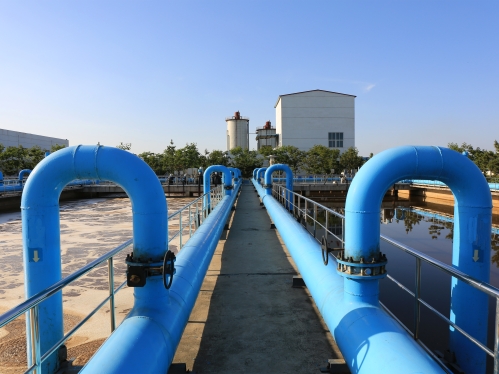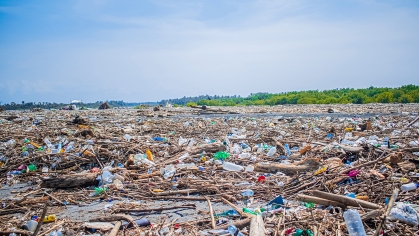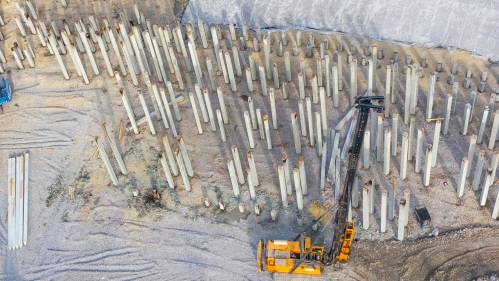
Civil and Environmental Engineering Research
Construction Engineering and Management
The focus of Construction Engineering and Management research program is on improving the sustainability and resilience of the built environment through advancement in construction means and methods. Our research projects address fundamental issues affecting the construction industry and improving construction processes with emerging sensing technologies, data analytics, and simulation methods. Our specific research focus areas include: data mining, building information modeling, sensing, and sustainable construction.
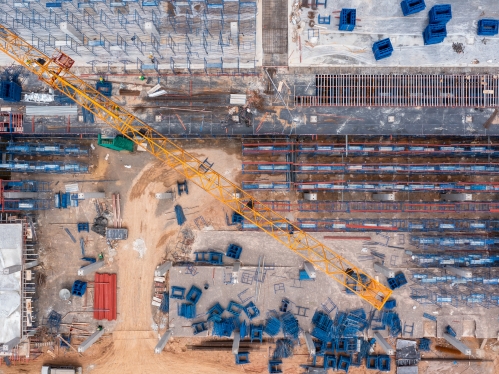
Geotechnical Engineering
Geotechnical engineers play a critical role in the built environment by investigating and interpreting the subsurface and its role in structure and infrastructure performance. Rutgers geotechnical engineers are developing new techniques for characterizing the subsurface and existing infrastructure, designing new geotechnical infrastructure systems, and redesigning existing systems to meet the changing demands from anthropogenic climate change and natural hazards, as well as, developing new and novel techniques and technologies for using different soils in the built environment. The research program focuses on producing practical solutions to existing problems by building on and developing new novel fundamental insights into soil behavior.
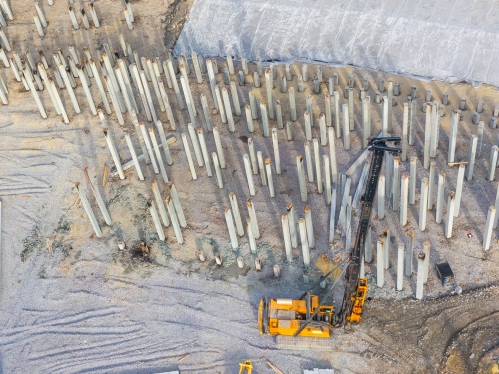
Infrastructure Engineering
Our infrastructure engineering research aims to develop solutions for sustainable and resilient infrastructure, such as highways, airports, railroads, ports, and pipeline systems, that will have major impacts on the nation’s economy, security, and employment.
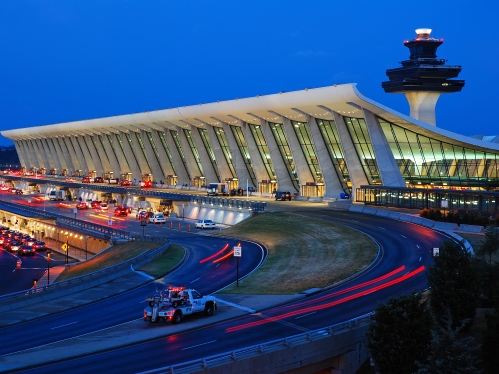
Structural Engineering and Infrastructure Materials
CEE researchers work on wide range of advanced structural materials including composite materials, advanced high performance cementitious materials, ultra-high performance concrete materials, rapid repair materials, fire resistant coating, and sustainable concrete. They also work on novel structural systems, structural behavior and mechanics, reliability analysis, load rating and testing of bridges, structural modeling, structural dynamics, seismic design, computational mechanics; frequency control devices; piezoelectric devices, magneto-restrictive devices.
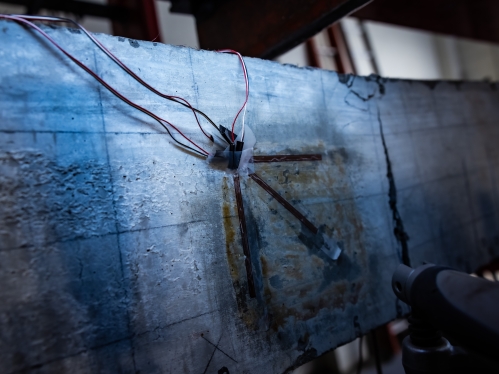
Transportation Engineering
The Transportation Engineering group focuses on advancing the state-of-the-art research and state-of-the-practice teaching in the methodological, technological, and engineering solutions to improve the safety, security, mobility, and environment for the movement of people and goods. Faculty members are currently involved in the following key research areas: intelligent transportation systems, connected and autonomous vehicles, urban mobility modeling and management, traffic safety, freight operations and logistics, freight transportation safety, and security risk management.

Water Resources and Environmental Engineering
Water resources and environmental engineering investigates management of resources, including water, land, and air, as well as environmental protection and restoration. Research areas include air quality, hydraulic and coastal engineering, wastewater and stormwater management, water treatment, remediation, and sustainability. A combination of applied microbiology, chemistry, fluid mechanics, modeling, and informatics tools are applied.
